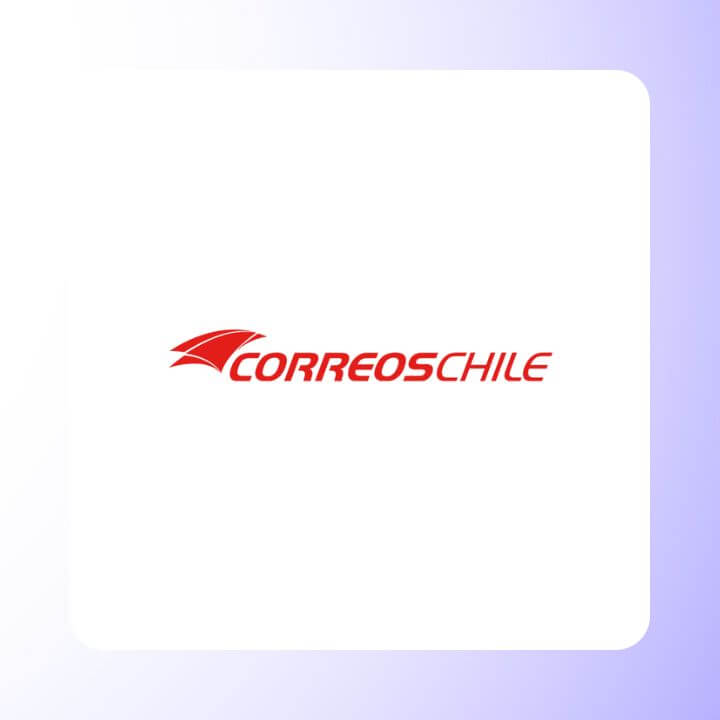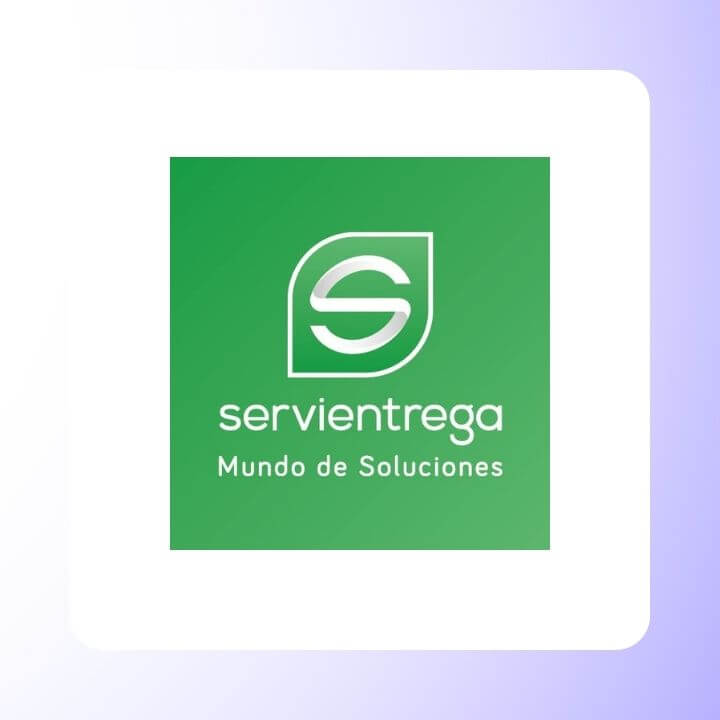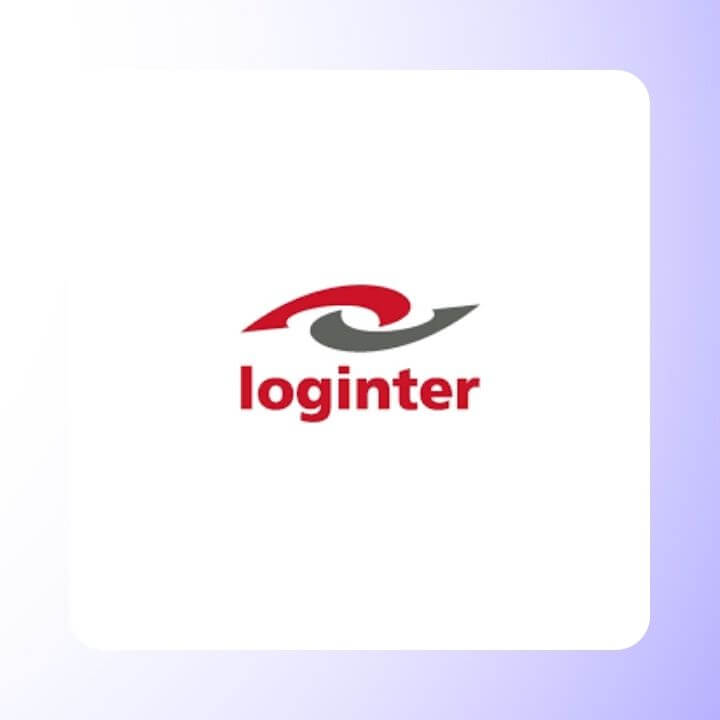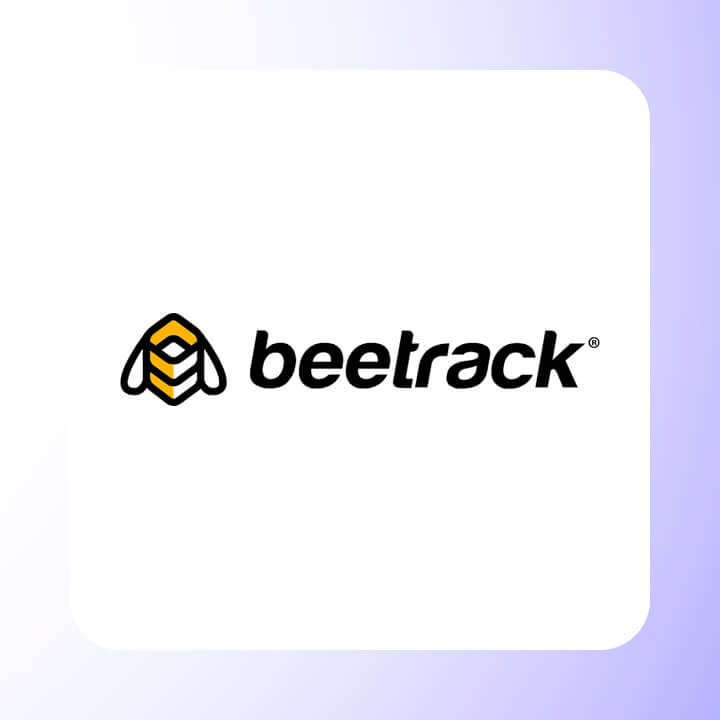Types of Logistics integrations
WMS integrations
We automate the connection between your WMS system and ecommerce platforms such as VTEX, Adobe Commerce/Magento, Shopify or WooCommerce, ensuring real-time synchronization of stock, picking and receipts.
Integrations for Last Mile
We integrate your last mile service with ecommerce platforms, allowing automatic shipment of orders, live tracking and delivery status updates directly on the sales platform.
Integration for fleet management systems
We connect your fleet management system with ecommerce channels for automatic vehicle assignment, route planning and operational tracking from order to delivery.
Integrations for Fulfillment providers
We develop robust integrations between ecommerce platforms and fulfillment operators, facilitating the integrated management of orders, distributed inventory and returns under customized SLAs.
Order Management System
Our OMS allows customers an end-to-end management of the tracking and operational management of orders, ensuring complete traceability of the entire flow, from receipt of the order to delivery or withdrawal of the order.
Contact us to find your ideal solution
Correos Chile, una de las principales empresas de logística y envío en...
Servientrega is a leading company in the logistics sector. logistics and courier...
The integration with VTEX was key for Loginter, a provider of fulfillment...
When we say that we develop your solution we want to tell...
One of the most common challenges for marketers today is attracting quality...










